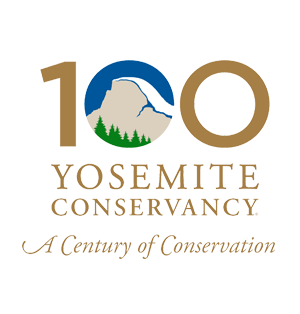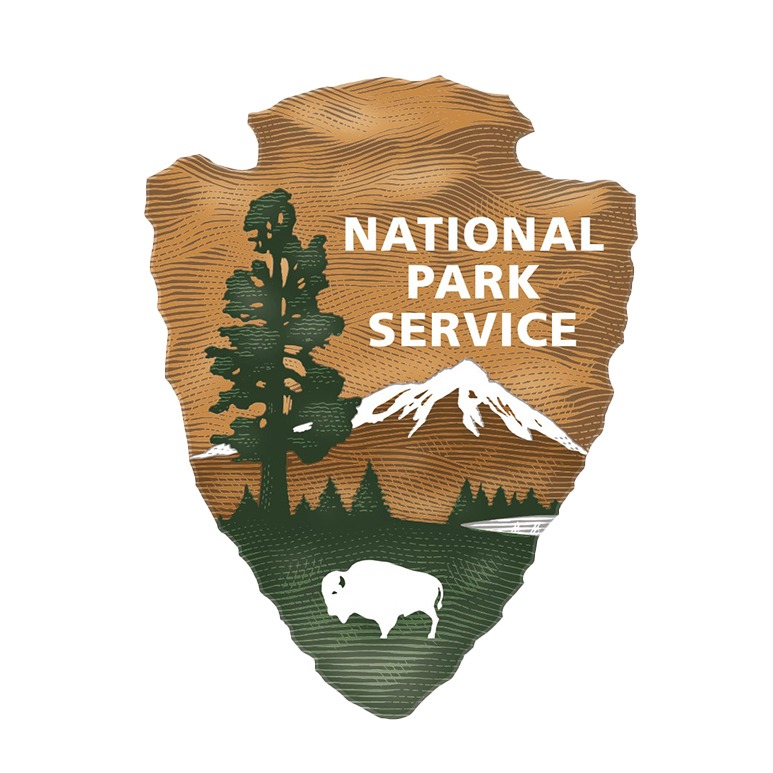*This is a 2021 archived project, view this year’s projects here.
Project overview: Take key steps to rescue imperiled tree species, by collecting sugar pine cones for analysis and future planting, and developing data-driven conservation plans for whitebark pines.
How your support helps: Yosemite’s white pine species face serious threats from fire, drought, beetles and white pine blister rust, a deadly disease caused by a non-native fungus. This time-sensitive research project focuses primarily on two of those imperiled species: sugar pine (Pinus lambertiana) and whitebark pine (Pinus albicaulis).
Sugar pines, which can grow to be 200 feet tall and bear foot-long cones, live at the park’s lower and middle elevations, including in a grove near Crane Flat. The Sierra Nevada — especially Yosemite — is the heart of sugar pine territory, but up to 80% of the trees have died across their range.
You’ll find whitebark pines, which can live more than 1,000 years, at skyscraping elevations of 10,000 feet and above in the Sierra Nevada, where they rely on a mountain-dwelling bird, the Clark’s nutcracker, to spread their seeds. Whitebark pines, which regulate snowmelt, reduce erosion and provide high-quality nutrition for diverse wildlife, are at risk of extinction.
With your help, a collaborative team of scientists from the National Park Service, the University of California and the U.S. Forest Service is working to save these beautiful and ecologically important trees. After collecting cones from approximately 50 low-elevation sugar pines, researchers will save the seeds, and screen them for resistance to blister rust. Ultimately, the team hopes to use the seeds to grow healthy trees for reforestation efforts.
Meanwhile, working with a Great Basin Institute intern, researchers will review data from prior studies of high-elevation whitebark pines in Yosemite and nearby federal lands. Using data on tree distribution, genetic diversity, and evidence of beetle attacks and blister rust infections, the team will create a comprehensive management plan for the species in Yosemite and Sequoia & Kings Canyon National Parks, which will help inform a California-wide whitebark pine conservation strategy. Your support is essential to ensuring this urgent effort to save Yosemite’s imperiled and iconic white pines can move forward.
Project partners: Yosemite National Park; Great Basin Institute; Sequoia & Kings Canyon National Parks; University of California, Davis (Tahoe Environmental Research Center); and U.S. Forest Service.

